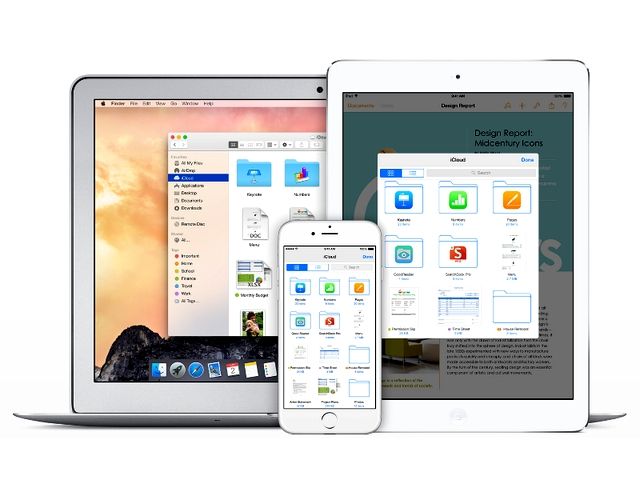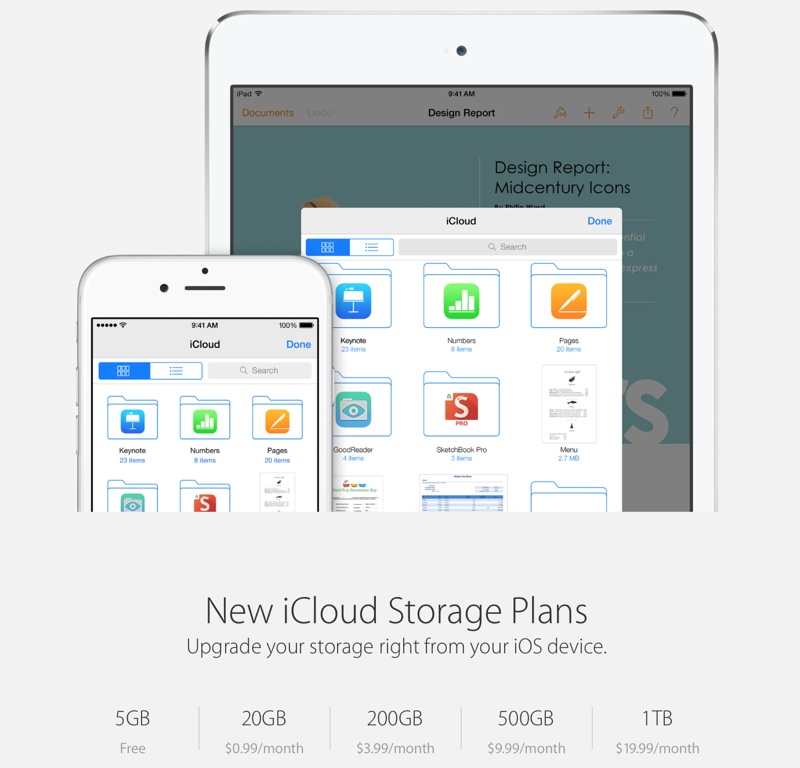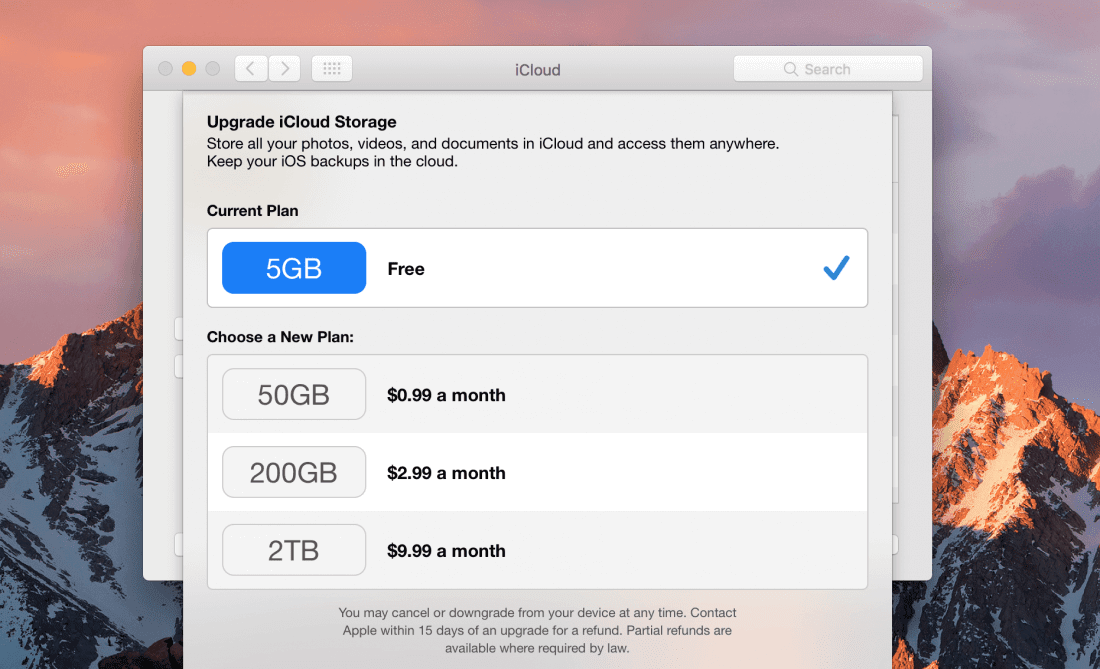

Data backed up includes photos and videos in the Camera Roll, device settings, app data, messages (iMessage, SMS, and MMS), ringtones, and Visual Voicemails. ICloud allows users to back up the settings and data on iOS devices running iOS 5 or later. Third-party iOS and macOS app developers can implement iCloud functionality in their apps through the iCloud API.

Apple Wallet (passes and credit cards).Apple Music (with a feature called iCloud Music Library).Apple Home (settings and paired devices).Apple Books (books, highlights, bookmarks and annotations).ICloud is also built-in as a backend to many Apple apps and system features, where it can sync users' data and settings. Find My, which lets users find their Apple devices or other Find My-enabled devices, and remotely erase lost Apple devices.Notes and Reminders sync, and the ability to edit and create notes and reminders on the web.Pages, Keynote, and Numbers, allowing real-time collaboration on both native apps and the web.iCloud Photos, which stores and syncs pictures in full-resolution.iCloud Drive, a cloud storage and syncing feature.Contacts and calendar syncing, and calendar sharing features, as well as support for CardDAV and CalDAV.
ICLOUD PRICING FREE
ICLOUD PRICING WINDOWS 10
In June 2019, iCloud was introduced to Windows 10 via the Microsoft Store. Apple also operates the own data centers, including one in Maiden, North Carolina. In 2021, The Information reported that Apple was storing 8 million TB of data on Google's cloud, and was on track to spend $300 million that year. In 2016, Apple replaced Azure with Google Cloud Platform. Since its launch, iCloud was partly hosted on Amazon Web Services and Microsoft Azure. These issues were addressed in iOS 7 and OS X Mavericks.

It received early criticism for bugs, especially with Core Data syncing. ICloud had 20 million users in less than a week after launch.

Previous MobileMe users could keep their and email addresses as aliases to their new address. iCloud was released on October 12, 2011, and MobileMe was discontinued on June 30, 2012. On June 6, 2011, during the WWDC 2011 keynote, Steve Jobs announced that iCloud would replace MobileMe, which had been widely seen as a "failure", a fact which Steve Jobs acknowledged during the announcement. ICloud was announced on in a press release.


 0 kommentar(er)
0 kommentar(er)
